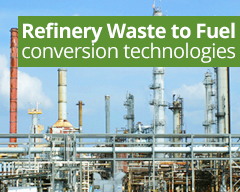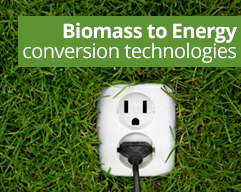
Petroleum Waste in refineries
In the petroleum refining process, the heavier hydrocarbon chains such as paraffins and asphaltenes are problematic. When processing this heavier hydrocarbon in the form of sludge, sludge minus the sediments and water are put back into the crude oil storage tanks. In sludge processing, crude oil heavies are recovered and water and sediments are disposed off.
This method is not exactly an ideal solution as the hydrocarbons are of paraffinic or asphaltinic nature and the heavy hydrocarbons are mixed with good crude and creates an inferior mixture. Further, the heavy hydrocarbons are diluted with diluents such as diesel, kerosene etc. Thus good products are used to dilute a bad product and finally a bad product is delivered to the crude oil tanks. The cost of the diluents along with that of processing charges are high and thus refineries tend to lose good margins because of such a process. Added to the cost is the cost of disposal of oily solids which will have to be bio-remediated or incinerated. The effluent water from the process is normally taken to the refinery ETPs, loading the existing systems.
Similarly, Vacuum Resid is currently used to recover heavy furnace oil and Bitumen. The value recovered from these heavy materials is low. Normally, the Vacuum Resid constitutes app. 30% of the feed stock into the refinery. The Resid percentage being high, low value products from Resid will not help the economics of the Refineries. Hence, refineries look at alternatives such as Delayed Coker Plants to recover maximum light hydrocarbon recovery.
Petroleum Waste to Fuel technology
We have developed a new technology to process Hydrocarbon sludge, Vacuum Resid and other Petroleum wastes and convert the same into Synthetic oil, which is very similar in properties to diesel.
The new method has been developed after years of experience in handling, processing and converting the sludge to crude oil. The company and the company executives experience in handling bituminous material and converting the same to Residual Furnace Oil also helped in developing the new technology for the up-gradation of Vacuum Resid into lighter hydrocarbons. The experience gained from the field experience had given a direction to SUSTECH for developing a method which will deliver true value to the refineries. Henceforth, petroleum sludge, Vacuum Resid and other low value petroleum wastes are no longer a problem but a perennial source of revenue for the refineries. The value of recovered oil adds to the bottom line of the refineries.
S2P Process Brief







